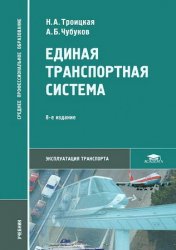- Добавил: literator
- Дата: 14-04-2023, 16:01
- Комментариев: 0
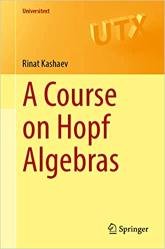 Название: A Course on Hopf Algebras
Название: A Course on Hopf AlgebrasАвтор: Rinat Kashaev
Издательство: Springer
Год: 2023
Страниц: 173
Язык: английский
Формат: pdf (true), epub
Размер: 14.2 MB
Starting with a reformulation of the definition of a group in terms of structural maps as motivation for the definition of a Hopf algebra, the book introduces the related algebraic notions: algebras, coalgebras, bialgebras, convolution algebras, modules, comodules. Next, Drinfel'd's quantum double construction is achieved through the important notion of the restricted (or finite) dual of a Hopf algebra, which allows one to work purely algebraically, without completions. As a result, in applications to knot theory, to any Hopf algebra with invertible antipode one can associate a universal invariant of long knots. These constructions are elucidated in detailed analyses of a few examples of Hopf algebras.

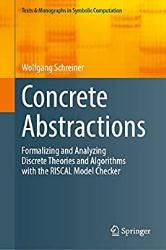 Название: Concrete Abstractions: Formalizing and Analyzing Discrete Theories and Algorithms with the RISCAL Model Checker
Название: Concrete Abstractions: Formalizing and Analyzing Discrete Theories and Algorithms with the RISCAL Model Checker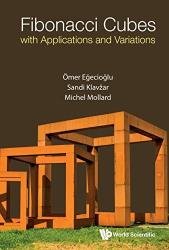 Название: Fibonacci Cubes with Applications and Variations
Название: Fibonacci Cubes with Applications and Variations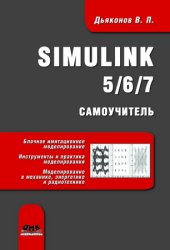
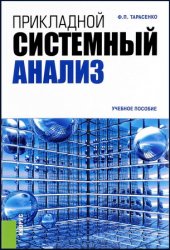
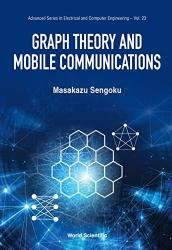 Название: Graph Theory and Mobile Communications
Название: Graph Theory and Mobile Communications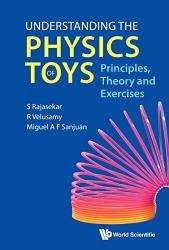 Название: Understanding the Physics of Toys: Principles, Theory and Exercises
Название: Understanding the Physics of Toys: Principles, Theory and Exercises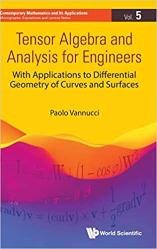 Название: Tensor Algebra and Analysis for Engineers: With Applications to Differential Geometry of Curves and Surfaces
Название: Tensor Algebra and Analysis for Engineers: With Applications to Differential Geometry of Curves and Surfaces Название: Practical Bioinformatics for Beginners: From Raw Sequence Analysis to Machine Learning Applications
Название: Practical Bioinformatics for Beginners: From Raw Sequence Analysis to Machine Learning Applications